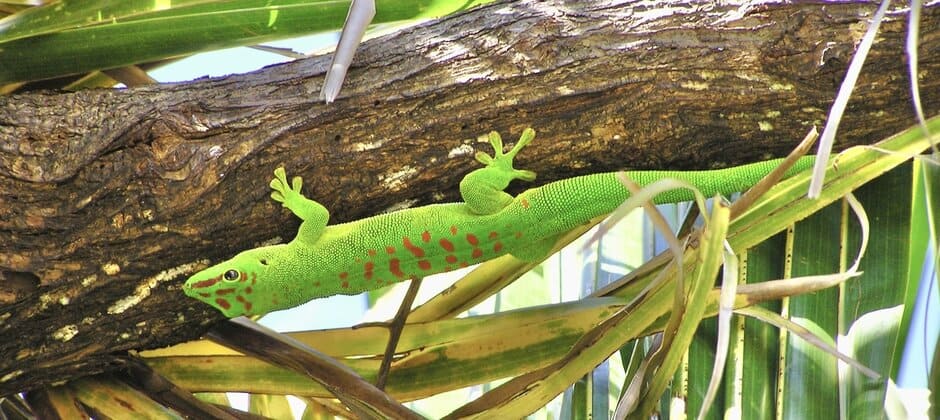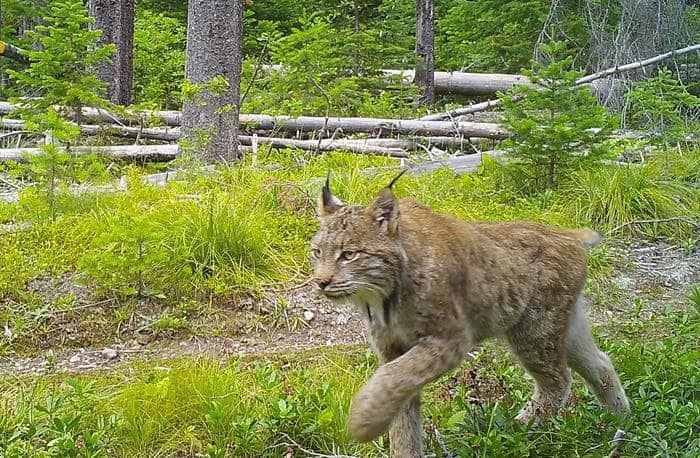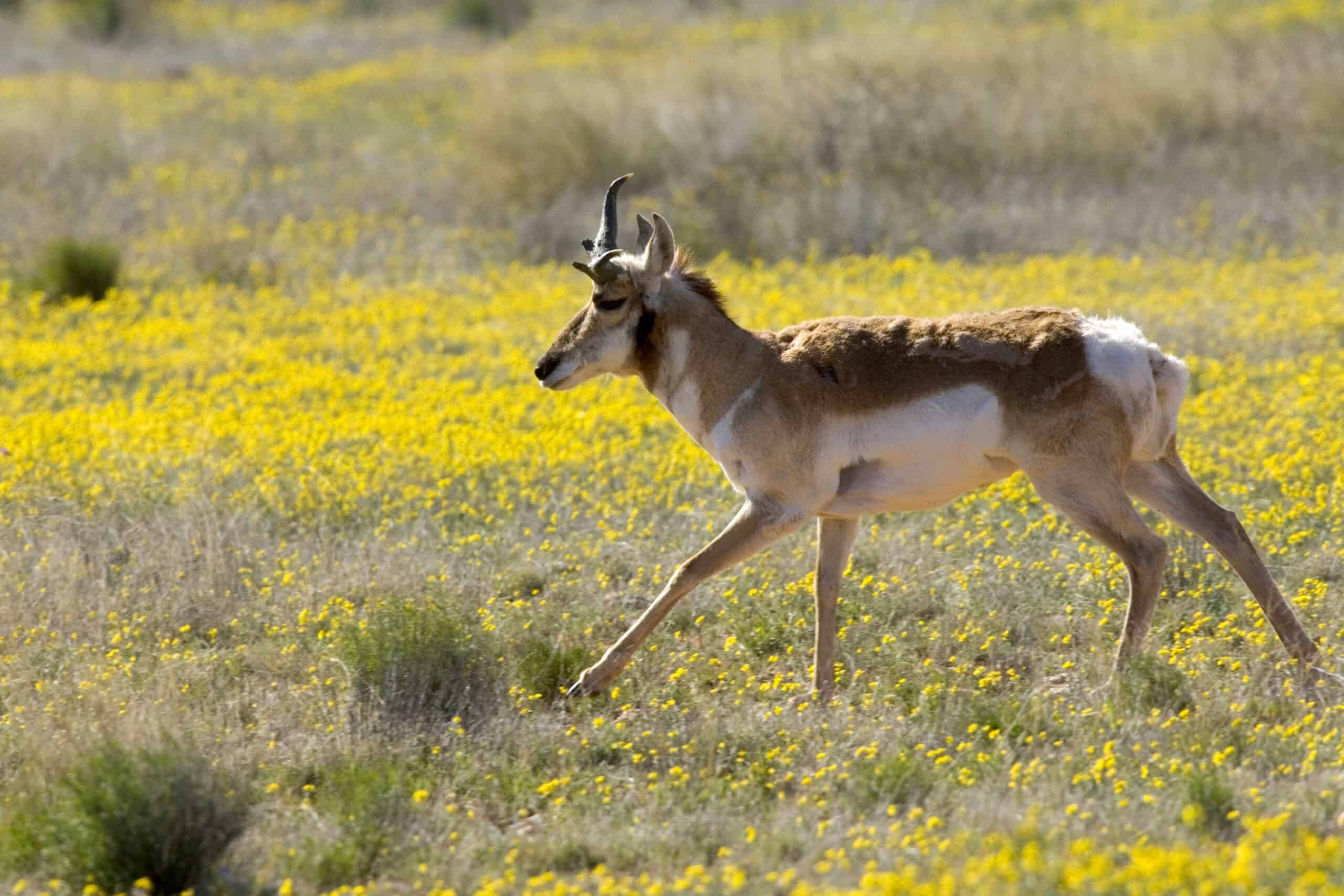Share this article
Models say this African gecko shouldn’t survive in Florida—so why does it?
Ecologically, Madagascar day geckos aren’t supposed to be in Florida. The species didn’t arrive until the 1990s, when it was introduced to adorn gardens in the Florida Keys. According to climate prediction models, the geckos aren’t supposed to be there either. Models show they shouldn’t survive north of Cuba. Yet the species is thriving in pockets of Florida, raising questions about the accuracy of climate-matching models and whether they underestimate the risk posed by nonnative reptiles.
“There seems to be a lot of adaptive potential in snakes and lizards,” said Thomas Fieldsend, a PhD candidate in biology at Florida International University and the lead author of a study published recently in Ecology and Evolution analyzing the environment where the lizards are found.
The colorful Madagascar day geckos (Phelsuma grandis) were first introduced to Florida in the Florida Keys in the 1990s, roughly the same time they also began to appear in places like Hawaii.
“Some people introduced them because they liked having them in their garden,” Fieldsend said. They can actually be kind of tamed—they will eat fruit and honey from your hand.”
Other people wanted to keep local populations to sell in the pet trade—their bright green scales with ruby spots make them popular among reptile enthusiasts.
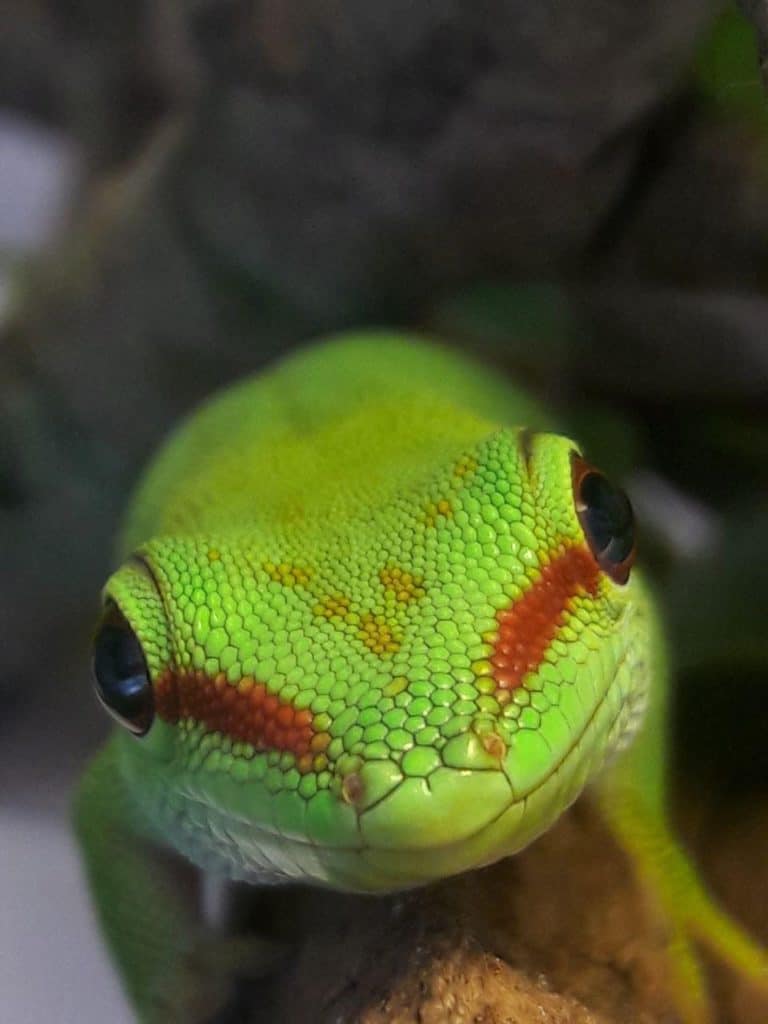
Day geckos were first introduced in the Florida Keys. Credit: Thomas Fieldsend
If the geckos manage to thrive, they could become invasive, spreading a nonnative lungworm to other reptiles, Fieldsend said. So far, only a few small populations have been found. Still, the fact that they have survived at all is concerning. When Fieldsend and his team analyzed their ecosystem in Madagascar to predict suitable ranges elsewhere, they found no reason the gecko should thrive in Florida. The nearest suitable conditions were in parts of Cuba and elsewhere in the Caribbean.
“The models say there’s no way that the day gecko can live in Florida—the climate is just too different,” Fieldsend said.
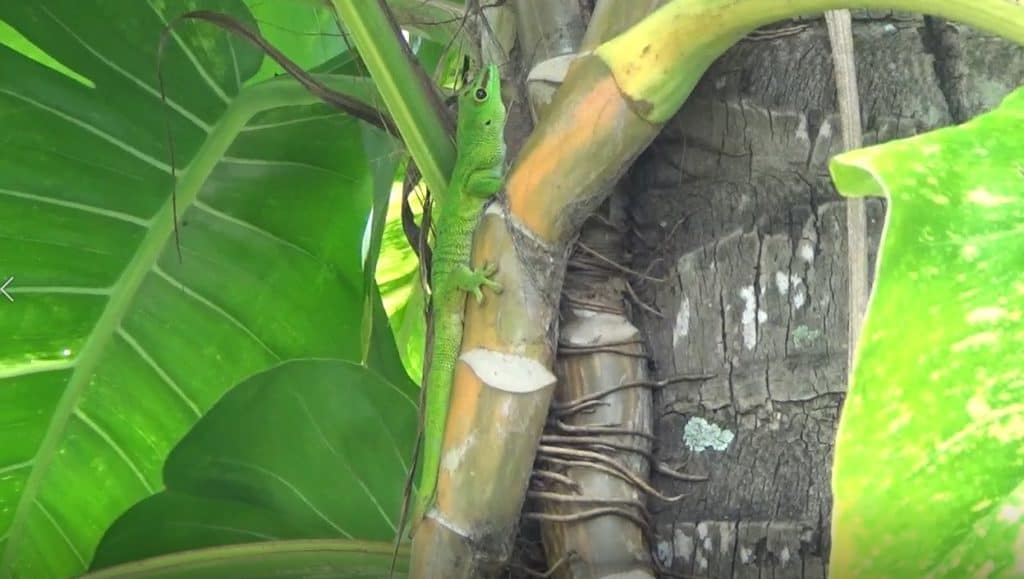
Most of Florida doesn’t have a climate or ecosystem that resembles the native ranges of these lizards. Credit: Thomas Fieldsend
The good news, he said, is that the introduced gecko is unlikely to spread throughout Florida. But the fact that the geckos have managed to adapt to the novel environment raises concerns for scientists trying to predict where exotic species will thrive. Models work well for some taxa, Fieldsend said, but reptiles show an ability to adapt that can confound predictions. “In conservation biology we’re building a lot of our planning around these models,” Fieldsend said.
In cases like this, he said, “the methodology is kind of problematic.”
Header Image: Madagascar day geckos have spread to parts of the Florida main land. Credit Kenneth L. Krysko



